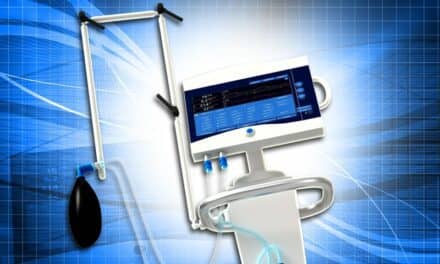A new wireless, battery-charged monitoring system developed by researchers at Northwestern University is aiming to reduce rates of premature births and high-risk deliveries, especially in developing areas, where half of babies born at 32 weeks or earlier will die. The system is being testing in Ghana, India, Kenya, and Zambia.
“The new devices also exceed the capabilities of existing, wired monitoring technologies to provide information beyond traditional vital signs, including crying, movement, body orientation and heart sounds. These soft, flexible sensors also are far gentler on newborns’ fragile skin, and their wireless capabilities allow for more skin-to-skin contact with parents.
“Not only can this technology lower risks by monitoring babies, it also can monitor pregnant women during labor to ensure a healthy and safe delivery and reduce risks of maternal mortality. By closely monitoring the most vulnerable patients, physicians can be alerted to intervene before the infant or mother become seriously ill.
Read more at Northwestern University and find the study at Nature Medicine.
Featured image: A neonate at Prentice Women’s Hospital in Chicago wears the wireless sensors (in blue) alongside traditional, wired sensors so the researchers can test and evaluate the sensors side-by-side. Courtesy, Northwestern University.




